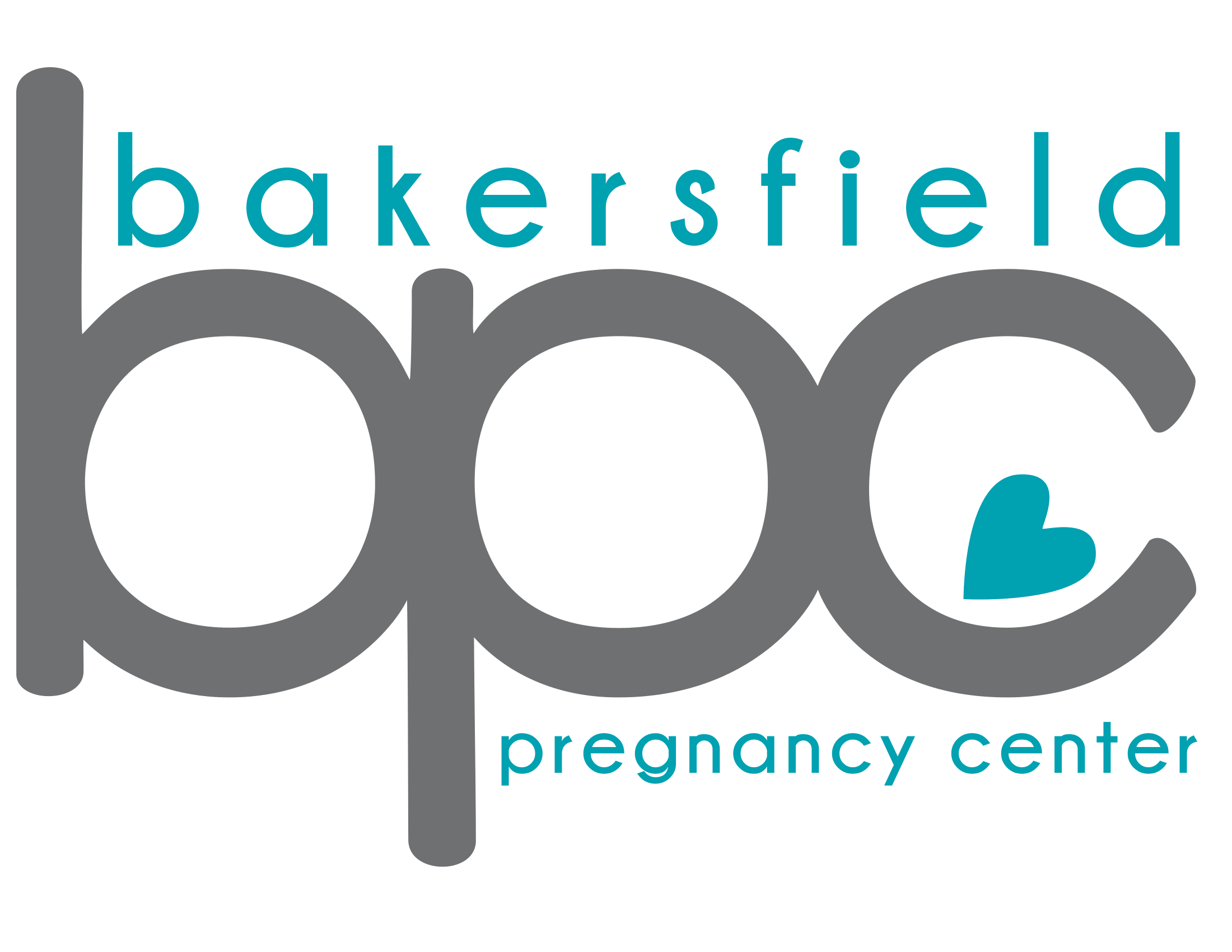Sometimes it’s hard to take an objective look at your relationship with your partner. We tend to compare our relationships – and our partners – with other people we know. Are we doing better or worse than those around us, we might ask.

Strong and healthy relationships are ones where couples choose to love and support each other. They give each other room to grow, help each other achieve their goals, and encourage each other through difficult situations.
Remember, it’s just as important to be a good partner as to have a good partner. Many relationships can improve when both people decide to prioritize each other and learn healthy communication skills. Why not reach out to someone you trust?
Often, people stay in unhealthy relationships because they feel they really love the other person and they hope things will change for the better. If your partner is unwilling to get outside help or wants you to keep problems in your relationship secret, that could be a sign they don’t really want to change.
Remember, someone who loves you will treat you with respect, kindness, and patience. They will be honest with you and value your thoughts and feelings. And, of course, they won’t be violent or force sex on you.
Our relationships can have a major impact when we are making a pregnancy decision. Some people may tell you what they think you should do. But it is important to take responsibility for your own life. Before you follow someone else’s advice, ask yourself: do I believe this is the best thing for me to do right now? If not,take your time – and get whatever support you need – to make a healthy choice.
Healthy relationships can lead to GREAT marriages. Wondering what level of commitment is right for you? Our center’s experienced mentors can help you evaluate what the next step could be in your relationship.
Contact us for a no-cost consultation.
REFERENCES
1. Kreider, R. M., & Ellis, R. (2011). Number, timing, and duration of marriages and divorces: 2009. Current Population Reports, 70-125. Retrieved from http://www.census.gov/prod/2011pubs/p70-125.pdf (Accessed November 5, 2015.)
2. Based on analysis of numerous studies,, authors estimate a median 80% happiness rate. Feldhahn, S. C., & Whitehead, T. (2014). Happily ever after. InThe good news about marriage: Debunking discouraging myths about marriage and divorce (pp. 50,61). Colorado Springs, CO: Multnomah.

